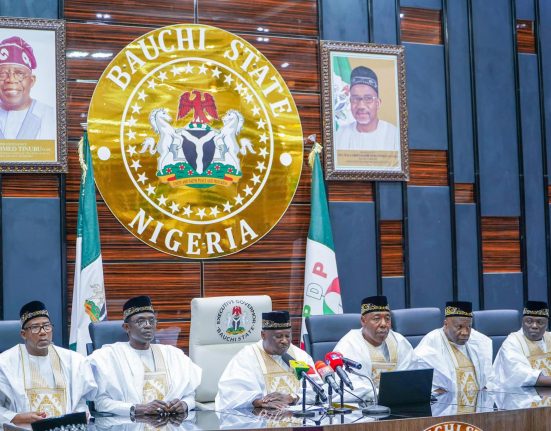With the recent removal of fuel subsidies leading to increased gasoline and diesel prices, Compressed Natural Gas (CNG) is emerging as a promising alternative for motorists in Nigeria. CNG, a compressed form of methane, offers a cleaner and more economical option for vehicles and power generators, and its adoption is rapidly gaining traction.
CNG, also known as compressed natural gas, is an environmentally friendly alternative to traditional fossil fuels. Operating similarly to gasoline-powered vehicles, CNG can be utilized in specially modified or manufactured vehicles with internal spark-ignited combustion engines. It serves as a substitute for gasoline, diesel fuel, and liquefied petroleum gas (LPG), offering reduced emissions and cost-effectiveness.
The appeal of CNG lies in its safety and environmental benefits. CNG is non-toxic, lighter than air, disperses quickly, and does not contaminate groundwater. This clean-burning fuel is already utilized for home cooking, heating, and even industrial processes in developed countries.
Storage of CNG is facilitated through fuel tanks or cylinders fitted onto vehicles. High-pressure gas is transferred from the fuel tank through fuel lines, regulated to a suitable pressure, and then introduced into the engine’s combustion chamber, where it’s mixed with air and ignited.
The Nigerian National Petroleum Company Limited (NNPCL) has recently partnered with NIPCO Gas Limited to establish CNG stations across the country. This strategic move aims to provide a more affordable and eco-friendly option for motorists, aligning with President Bola Ahmed Tinubu’s directive to mitigate the impact of fuel subsidy removal.
The collaboration between NNPCL and NIPCO Gas Limited will lead to the expansion of CNG infrastructure, making it more accessible for a wider range of vehicles, including buses, cars, and tricycles. This expansion is expected to significantly lower transportation costs, reduce emissions, and promote sustainable economic growth.
Under this initiative, plans are underway to construct 35 state-of-the-art CNG stations, including three Mother stations nationwide. Once operational, these stations have the capacity to serve over 200,000 vehicles daily, resulting in substantial savings for Nigerian motorists.
Prominent figures in various sectors are already embracing CNG and LPG. Anas Kurfi, founder of the youth and women empowerment initiative “A team,” has conducted a feasibility study on LPG and found it to be more economical than traditional fuels. Mr. Kurfi noted, “If PMS will work for 1 hour, LPG will work for 2 hours.” Efforts are also underway to convert vehicles, including popular modes of transportation like Keke Napep, to CNG.
LPG (Liquefied Petroleum Gas) is another alternative gaining attention. While LPG is being adopted for power generation, it faces some challenges, such as the need for multiple ignition attempts and infrastructure limitations.
Engr. Yusuf Da’awah, MD/CEO of Millennium CNG Ltd., highlighted to Energy Afrique that the CNG business is a multimillion Naira investment, with several companies, including Millennium CNG LTD and AA Rano, venturing into the sector. He emphasized that the expansion of gas infrastructure, such as the ongoing construction of the AKK pipeline, is essential to ensure accessibility and affordability of CNG across the nation.
As Nigeria navigates the transition towards cleaner and more sustainable energy sources, the adoption of CNG presents a viable solution that can contribute to reduced emissions, lowered transportation costs, and a greener environment.
Yusuf Da’awah, MD/CEO of Millennium CNG Ltd., revealed that CNG’s presence in Nigeria traces back to NIPCO’s introduction of the fuel source over a decade ago. With a focus on sustainability and innovation, NIPCO brought CNG to Nigeria’s energy landscape, initiating a transformation that is now gaining momentum.
Da’awah highlighted that CNG’s existence in Nigeria for 14 years demonstrates its potential for transforming the nation’s energy landscape. While its journey may have begun modestly, CNG’s impact has been steadily growing, addressing key challenges such as emissions reduction, cost efficiency, and energy security.









